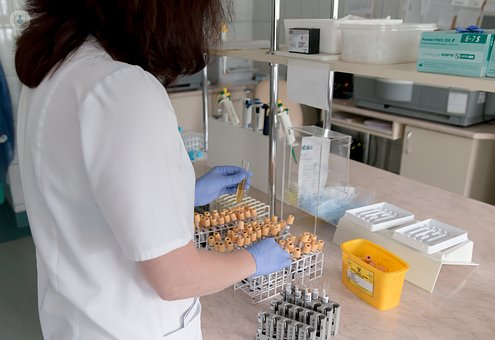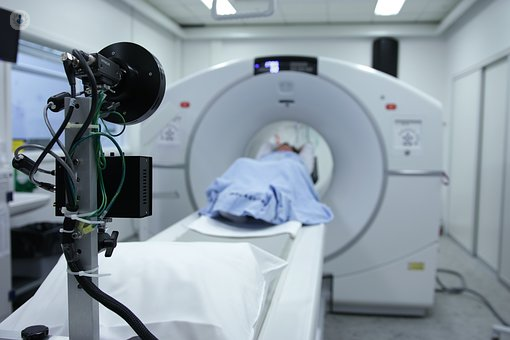Is blood in the urine serious?
Written by:Have you recently experienced blood in your urine? Blood in the urine can originate from any part of the urinary tract (kidneys, ureters, bladder, prostate in males and the urethra). Blood in the urine should be investigated promptly as it could be a sign of a sinister disease.
Mr Aza Mohammed tells us what blood in the urine could be a sign of and when you should seek emergency care.

What could it be a cause of?
There are different causes of haematuria. Essentially they could be divided broadly into inflammatory causes (infections or inflammation of the urinary tract organs), cancer (cancer of the kidneys, ureters or bladder), urinary tract stones, and congenital diseases such as polycystic kidney disease or medical causes such as bleeding disorders or glomerulonephritis. It is therefore vital that all patients with haematuria be investigated to exclude cancerous diseases.
Should I go to emergencies if I have blood in my urine?
Presence of blood in the urine requires an urgent visit to the GP. The GP will subsequently make an urgent referral to the urologist for further investigations. In NHS hospitals this usually happens within two weeks from the referral.
There are exceptions when the patient needs to be taken to the emergency department when bleeding is excessive and resulting in dizziness and weakness (signs of a massive drop in haemoglobin levels) or the patient is unable to urinate as a result of the presence of large blood clots blocking the outlet of the bladder. This would require urgent hospitalisation and insertion of a plastic tube in the bladder (urethral catheter) with bladder washouts to get rid of the clots or a blood transfusion when there is a drop in the haemoglobin level.
Could it be a sign of an STD?
Haematuria can be found in patients with STDs, although there would be other signs preceding this such as painful urination or urethral discharge. Patients with suspected STIs and haematuria should still undergo the same investigations as others with haematuria.
What does a urologist do when you have blood in your urine?
There are a number of investigations that all patients with haematuria will undergo in an attempt to identify a possible cause. The first test is imaging of the upper tract (using an ultrasound scan or CT scan ) to rule out any possible kidney cancers or to identify any other causes for bleeding such as stones.

The second investigation is a direct visualisation of the bladder using a flexible (under local anaesthesia) or rigid (under general anaesthesia) cystoscopy. This can identify any abnormalities in the bladder that could account for haematuria such as bladder tumours of stones.
Other investigations such as urine cytology (looking for the presence of abnormal cells in the urine) are reserved for patients with a high risk of urological cancers (history of smoking or exposure to industrial chemicals) when the initial cystoscopy assessment was not conclusive.
Further treatment depends on the underlying cause. Patients must be aware that in the absence of any pathology, after thorough investigations, there is a very small chance of an underlying sinister cause and no further action is usually required.
Patients with persistent haematuria in the absence of any underlying abnormalities might need a referral to a nephrologist to rule out parenchymal kidney diseases, especially when the kidney function is suboptimal.
If you see blood in your urine, be sure to see your G.P immediately. To schedule an appointment directly with urologist Mr Aza Mohammed, visit his Top Doctors profile.


